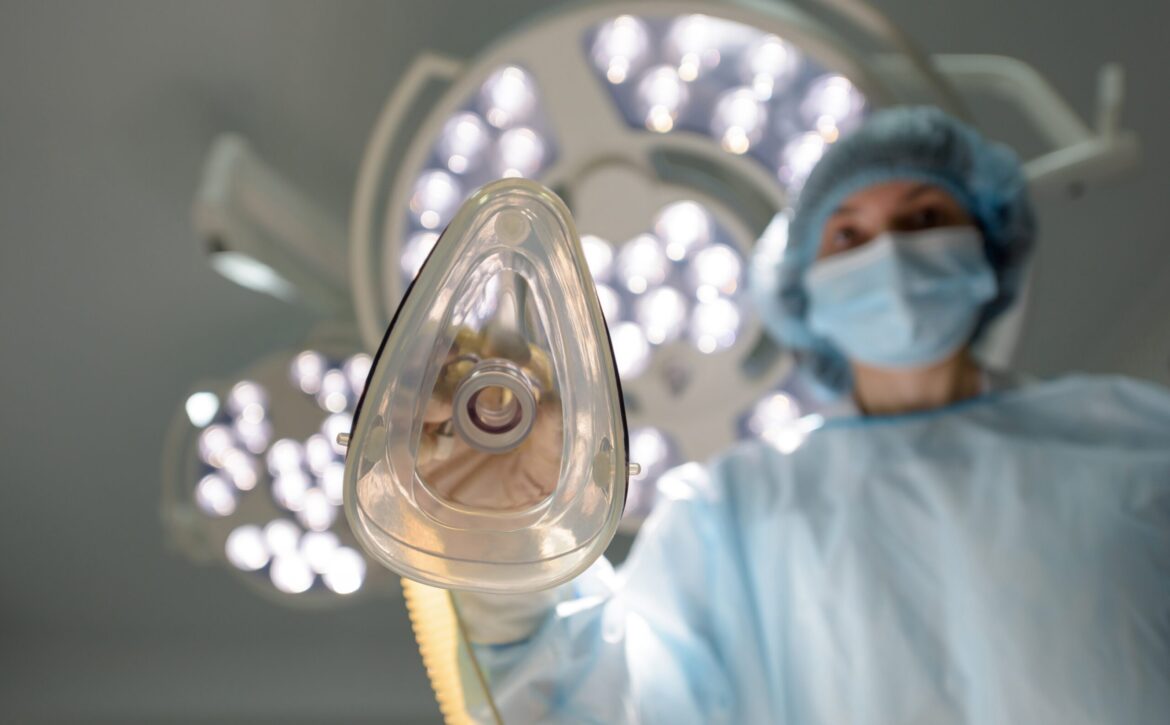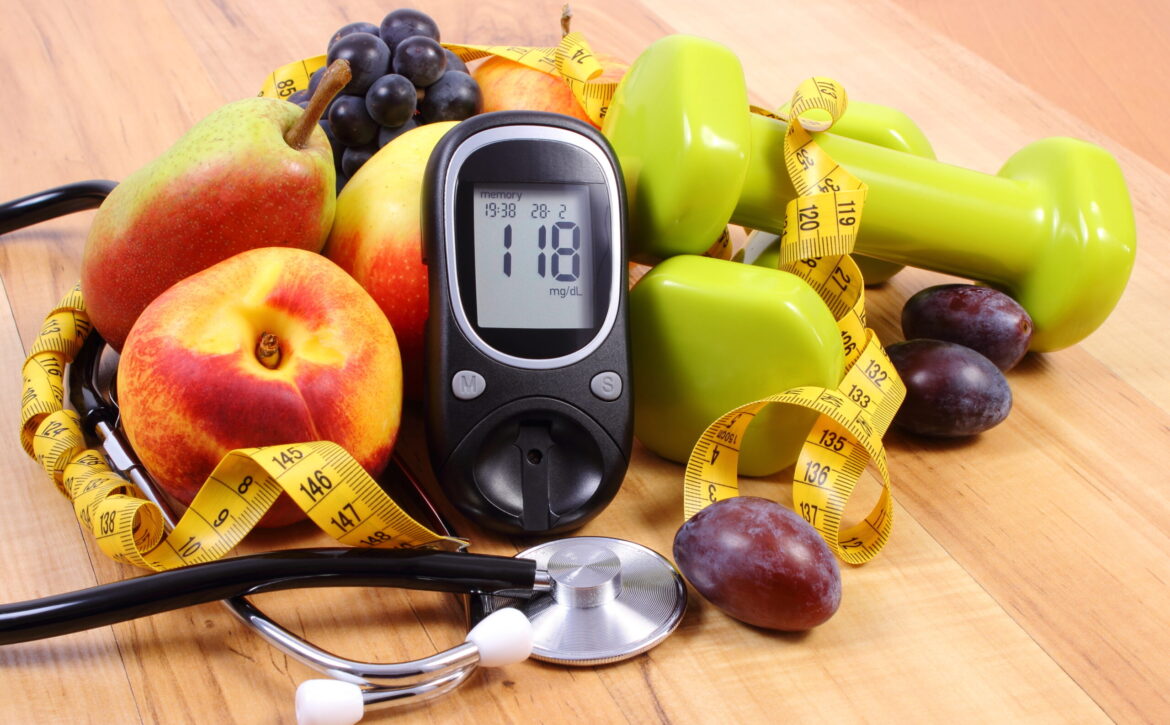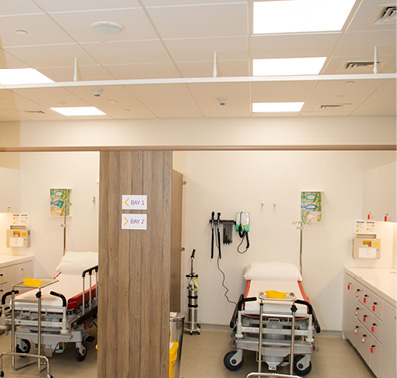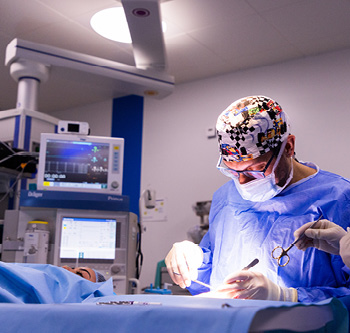The Reversible Condition of General Sedation
When conscious, an ambulatory patient is in a state of wakefulness and awareness. But when the mind and body slip into unconsciousness, the individual becomes unconscious, consequently losing all sensational powers, including the sensation of pain. Medically-induced muscle relaxation enables surgeons to perform surgeries at lower risks.
When it comes to anesthetic depth, it’s traditionally categorized into 4 stages according to Dr. Guedel’s graph in 1937. If you are a patient or a curious mind thirsty for medical knowledge, this blog walks you through the stages, shares tips on how to minimize risk factors before an operation, and answers some of the FAQs.

The 4 Safe, Predictable, and Reversible Stages of Anesthesia
Anesthesia is a calibrated formula of substances that temporarily relaxes the body and silences the mind. In the span of what feels like short minutes for you, your body goes through 4 stages while anesthesia medicines do their mission.
Analgesia: The Induction Stage
In the first stage, you are still awake. The anesthesiologist administers anesthetic agents, either through intravenous injection or through inhaled gases. Gradually, the patient falls drowsier, slowing his nervous system down.
The body becomes increasingly relaxed, and pain preceptors are blocked. The induction stage ends within seconds or short minutes when consciousness is lost. In short, Analgesia is a smooth, controlled entry into general sedation without triggering distress or complications.
Delirium: The Excitement Stage
Welcome to the excitement stage where the brain and body activity, despite deep sleep, can be irregular like breathing, muscles may twitch, and reflexes can still occur.
In today’s medicine, anesthesiologists move quickly through this phase using fast-acting anesthesia medicine to minimize its duration and avoid its associated risks. One unnecessary stimulation, such as touching the throat can irritate the airway and provoke dangerous spasms.
Surgical Anesthesia: The Operative Stage
Surgical Anesthesia is the target depth for most operations. The patient breathes slowly and steadily, along with complete muscle relaxation. The airway no longer reacts, allowing safe placement of breathing tubes.
This stage is divided into different levels: starting off at lighter levels where breathing remains spontaneous, followed with deeper levels that require full ventilatory support. The anesthesia consultant carefully balances the mixture of medications to keep the patient at a deep enough level, maintaining vital functions.
Overdose: The Danger Stage
The risk of the final stage is low to nonexistent by continuous monitoring and precise dosing. With well-managed surgical care, general sedation will go as planned. In case of an overdose, breathing stops, muscles are completely flaccid, pupils become fixed and dilated, and blood pressure plummets. Without immediate life support, the consequences are fatal.
Avoiding this stage is a constant priority, and it’s why anesthetic depth is tracked second by second throughout all surgical procedures at AMNM by our expert anesthesiologist.
General Anesthesia FAQs
It’s very common to have some fear of anesthesia before surgery. Undergoing general sedation is generally safe and effective when administered by a trained anesthesiologist, but like all medical procedures, it has risks.
1. How long does it take to wake up from anesthesia?
There is no rule of thumb when it comes to that as it depends on the type and dose of anesthetic medicine, surgery duration, and one’s state of health. Patients usually regain consciousness after 15 minutes from cutting anesthesia input. However, full recovery can take up to a few hours.
2. What happens if I wake up during surgery?
Accidental awareness under general anesthesia (AAGA) is so rare as anesthesiologists utilize advanced monitoring tools and drug combinations to prevent AAGA.
If any suspicion of awareness arises during surgery, it is treated immediately with medication adjustments.
3. What are the side effects of anesthesia?
Common short-term side effects:
- Nausea
- Vomiting
- Sore throat
- Shivering
- Drowsiness and mild confusion
Some of the less common effects may include temporary muscle aches, itching, or dizziness.
5. How to minimize risk factors?
A patient can take few steps to reduce possible risk factors and ensure a smooth recovery:
- Following the physician’s pre-surgery instructions.
- Sharing the full medical history with the anesthesiologist, including allergies, medications, etc.
- Avoiding alcohol or sedatives before surgery.
- Performing medical checks and managing chronic medical conditions, such as high blood pressure, diabetes, or asthma, before the procedure.
At Alfardan Medical with Northwestern Medicine, you will meet your anesthesiologist for a routine consultation, where they will answer all your questions and clarify any concern so you can enter the operation room with peace of mind and tranquility.











